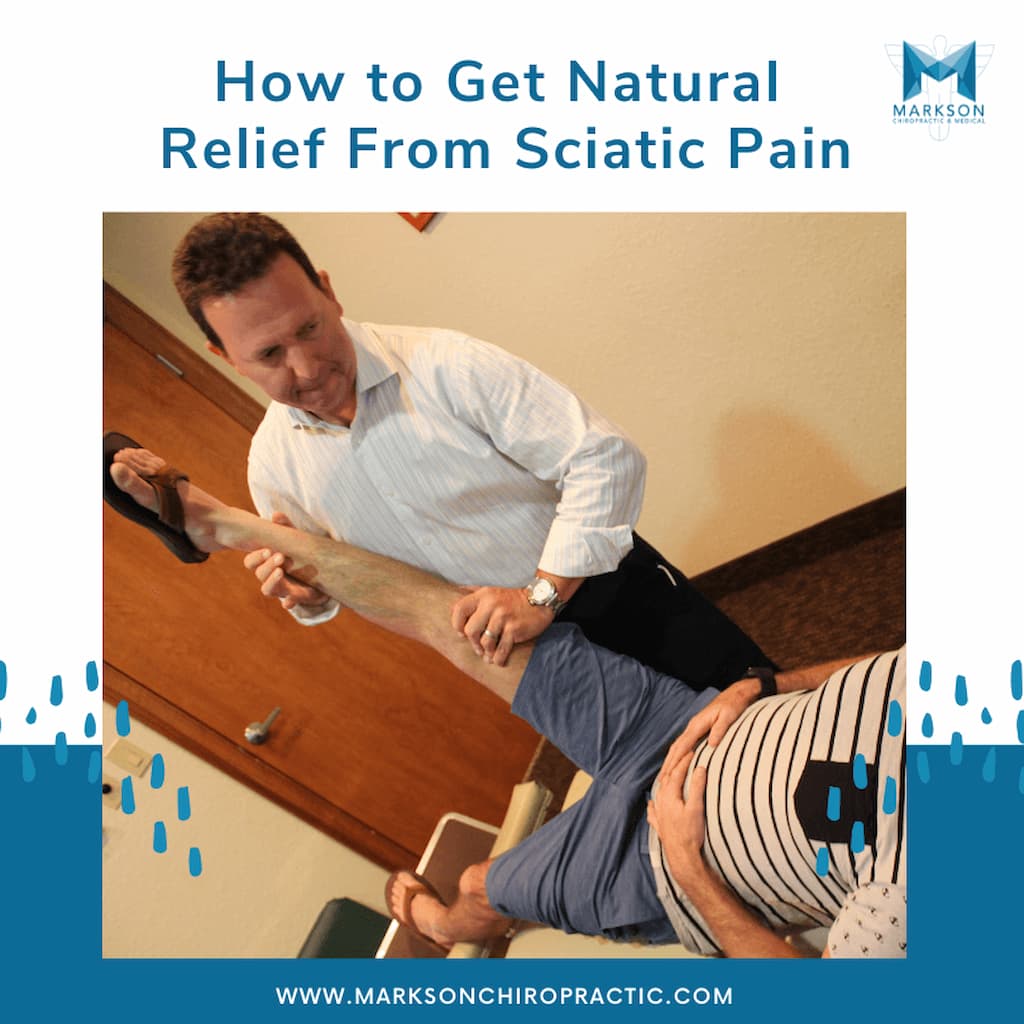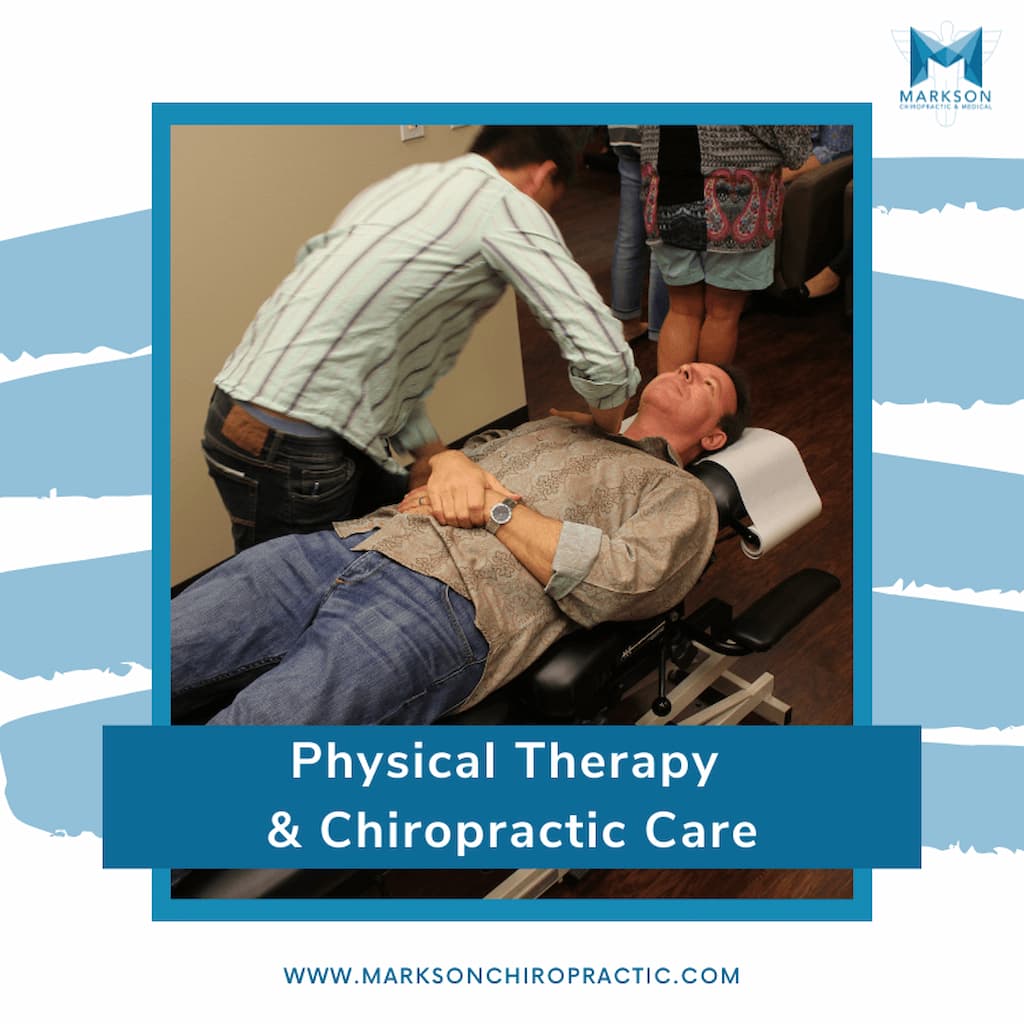What's Up With Whiplash?

When it comes to whiplash, most people think only those that have been in a car accident can suffer from it. As we’ve treated many whiplash patients, we can confirm that is simply not true. Whiplash can be serious and cause health issues that last for months or even years, which is why it is important to understand what whiplash is and how it can happen to you. Here’s what you need to know.
What Exactly Is Whiplash?
Whiplash injuries are referred to as hyper-extension injuries of the neck by the American Chiropractic Society, which basically means that the neck muscles have been pushed or pulled beyond their normal range of motion.
It typically happens when the body moves forward while the head, well, doesn’t. It then gets snapped forward and back (or vice versa) to keep up. When this happens, the stretching strains the muscles and ligaments in the neck, causing stiffness, pain, headaches, and mobility issues.
How Can I Get Whiplash?
Like we said, car accidents aren’t the only way to get whiplash, though it is quite common. Here are some strange ways that it can happen:
-
Sports - This one probably pretty obvious, particularly when it comes to contact sports like football. But issues with whiplash can occur while skiing, snowboarding, horseback riding, cycling, and even diving. Practice great care while taking part in sports to prevent injuries so you can perform at your best.
-
Dancing - Any headbangers out there? You might be overcome by the urge to wail on the air guitar, but it can cause whiplash injuries. If you’re not careful, whiplash can happen with any form of dancing from ballroom to breakdancing.
-
Slipping, falling, or tripping - A slip and fall accident is never fun and can result in serious injuries, including whiplash. Try to remember the last time you didn’t see that curb and you slipped and fell — you probably felt a little funny in your neck after.
-
Theme park rides - We know you thrill seekers are out there! As fun as rollercoasters can be, they can also be risky. Anything that jerks you around at a high speed can trigger whiplash.
What Should You Do?
Whiplash injuries might not be the worst thing that can happen to a person, but they are a bigger deal than you might imagine. The symptoms can be debilitating, from stiffness in the neck to pain in the jaw, shoulder, neck, and head.
If you think you may have suffered from a whiplash injury, contact us and schedule a consultation. Our team of chiropractic professionals will create a treatment plan custom to your needs to have you feeling great again!
‹ Back








